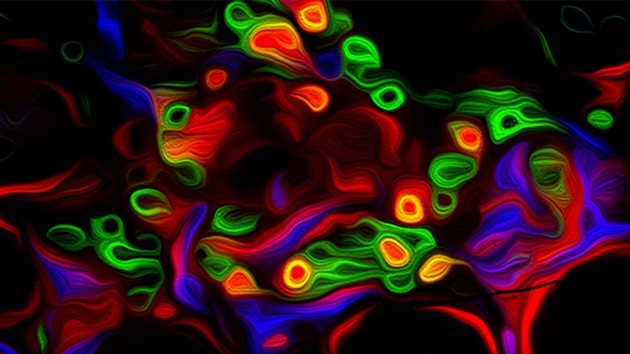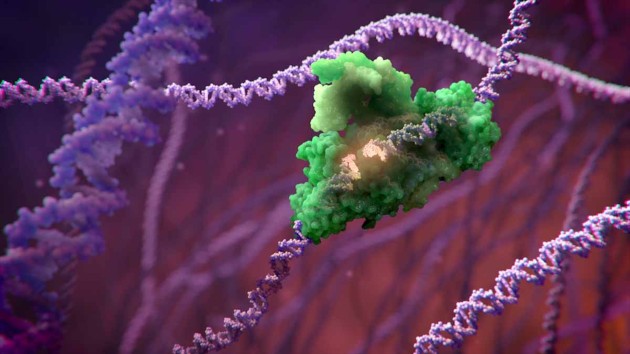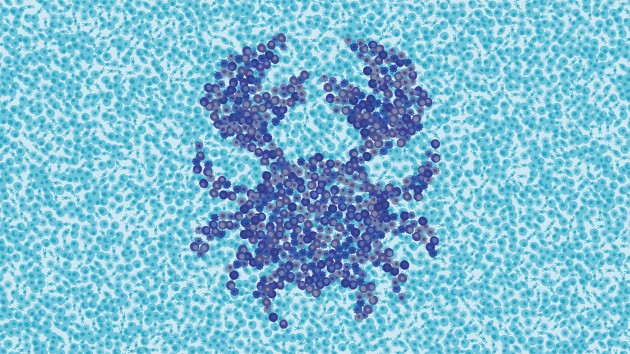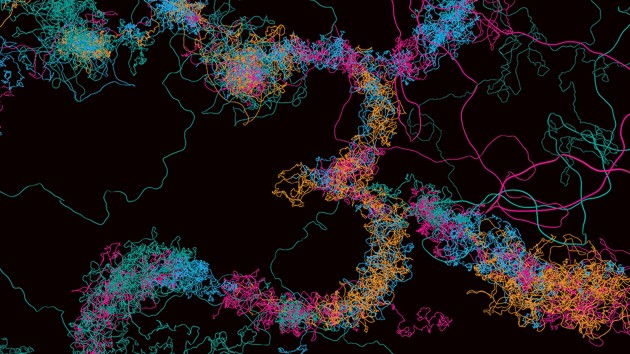Collections
Filters
-
Collection Type
-
-
Collection |
 Innovations in Stem Cell Biology 2023
Innovations in Stem Cell Biology 2023
Stem cell models of development, regeneration, and disease are quickly advancing. New technologies and concepts are continuously combined with existing knowledge to create more realistic systems to improve our understanding of these intricate processes. In this collection, we highlight papers published in 2022-2023 across Nature Portfolio journals on topics including embryonic development and stem cells, reproductive biology, synthetic tissues and embryo models, clinical and translational research and tissue stem cells.
Image: Jean-Baptiste Sibarita, Virgile Viasnoff, and Anne Beghin -
Collection |
Cell cycle
One of the fundamental biological processes in life is the cell cycle leading from DNA replication to cell division. While it has been studied for decades and our knowledge has matured, sophisticated experimental approaches have rejuvenated the field. In addition, cell cycle regulators have emerged as cancer therapy targets. This collection showcases ground-breaking cell cycle papers and reviews, ranging from basic discoveries to clinical applications.
Image: Nicolas Plachta, NCB (2022) -
Collection |
 Methods for studying noncoding RNA
Methods for studying noncoding RNA
Research interest is growing in profiling noncoding RNAs and understanding their biological functions in health and disease contexts.
Image: Jeren (France) / Getty Images -
Collection |
 Nobel Prize in Physiology or Medicine 2022
Nobel Prize in Physiology or Medicine 2022
The 2022 Nobel Prize in Physiology or Medicine was awarded to Svante Pääbo "for his discoveries concerning the genomes of extinct hominins and human evolution".
Image: Springer Nature/The Nobel Foundation/Imagesource -
Collection |
 Celebrating Mendel
Celebrating Mendel
Gregor Johann Mendel, considered by many the ‘father of modern genetics’, was born 200 years ago, on 20 July 1822.
Image: P. Morgan, Springer Nature -
Collection |
 Stem Cells: from Single Cells to the Clinic
Stem Cells: from Single Cells to the Clinic
Recent technological progress has facilitated the study of how embryos develop, how embryonic cells transition between different states, how adult stem cells are maintained and differentiate, at unprecedented resolution.
Image: Deepti L Kumar and Tony DeFalco -
Special |
 SCGE
SCGE
Genome Engineering has great potential to change how we model, understand, and treat diseases.
Image: XVIVO -
Milestone |
 Genomic Sequencing
Genomic Sequencing
The past two decades have witnessed extraordinary technological and computational advances in nucleic acid sequencing. This Milestone timeline provides a perspective of major genomic sequencing-related developments in the 21st century — from the first human reference genome, through methodological breakthroughs, to the impact of sequencing on fields as diverse as microbiology, cancer and palaeogenetics.
Image: Chris Ryan -
Milestone |
 Cancer Milestones
Cancer Milestones
The ancient physician Hippocrates described the projection of blood vessels from a collection of cells as ‘karkinos’, the Greek word for crab.
Image: Chris Ryan -
Collection |
 Nobel Prize in Physiology or Medicine 2020
Nobel Prize in Physiology or Medicine 2020
This collection of research, review and comment from Nature Research celebrates the 2020 Nobel Prize in Physiology or Medicine awarded to Harvey J. Alter, Michael Houghton and Charles M. Rice "for the discovery of hepatitis C virus".
Image: Springer Nature/The Nobel Foundation/Imagesource -
Special |
 ENCODE 3
ENCODE 3
How cells, tissues and organisms interpret the information encoded in the genome has vital implications for our understanding of development, health and disease. Launched in 2003, the ENCyclopedia of DNA Elements (ENCODE) project aims to map the functional elements in the human genome (later expanded to include model organisms).
Image: StoryTK

 Diversity in Human Genetics
Diversity in Human Genetics